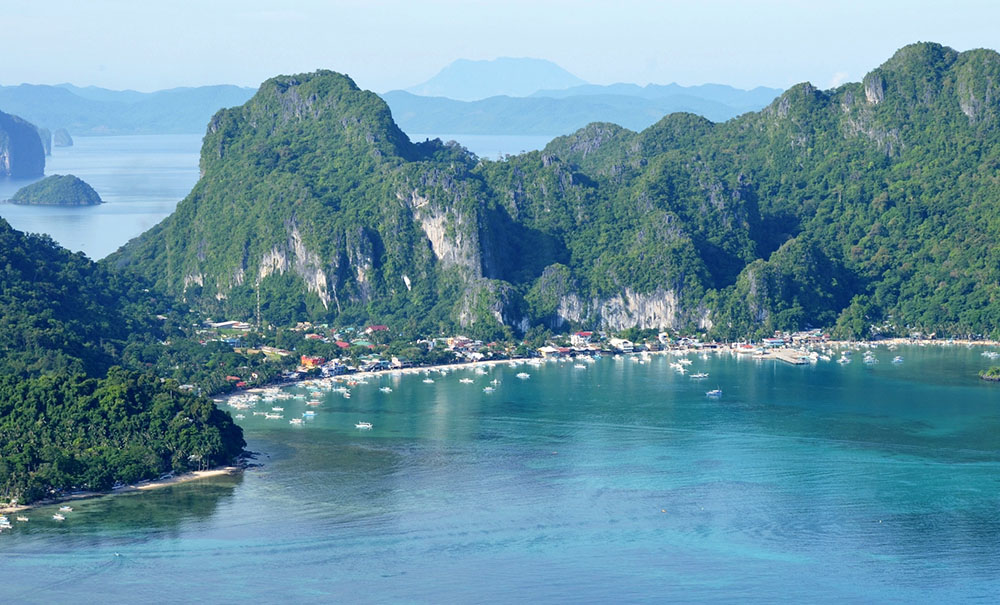Spanish infrastructure giant ACCIONA recently established the Philippine presence of its Foundation, acciona.org, to help provide safe, affordable, and sustainable access to energy, water, and sewerage systems to disadvantaged communities with its pilot project, the “Light at Home El Nido” initiative.
Under this program, more than 100 households in Barangay Sibaltan in El Nido, Palawan, will receive third-generation domestic solar-powered systems that provide more than eight hours of electrical light every day at zero emissions. In the wake of Typhoon Odette, which critically damaged the province’s public infrastructure, including electricity, water, and telecommunications, the initiative is positioned to help the community recover from the catastrophe with sustainable power solutions.

To date, preliminary onsite work has been carried out in collaboration with Ayala Foundation to validate the technical and social feasibility of the project, holding meetings with local authorities, community representatives, and the communities themselves so that they know the rights, requirements, and benefits associated with it. Ayala Foundation works closely with communities in El Nido, Palawan, implementing holistic community development programs that cover such themes as education, sustainable livelihood, and the promotion of love of country. Ayala Foundation is the social development arm of Ayala group of companies, one of the Philippines’ oldest and most diversified conglomerates.
acciona.org’s El Nido initiative is part of its global “Luz en Casa” program, which develops models for delivering electricity services that are technically and economically adapted to each community.
In addition, acciona.org is working on projects in other regions of the country focused on bringing and guaranteeing access to drinking water, sewerage, and energy to assist Filipinos in gaining universal access to these essential services.
Philippine Statistics Authority cited that some 91.3% of the population had electricity in 2019. In a country with more than 100 million people, around 8.7 million people still do not have access to electricity. Five million do not have a drinking water supply, and nearly nine million do not have access to improved sewerage systems. Despite the various electrification plans that have been successfully rolled out in the country in recent years, the unique geography of the Philippines, an archipelago with more than 7,000 islands, makes the work challenging.




